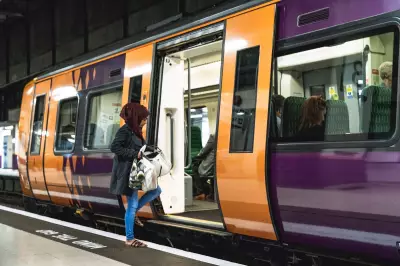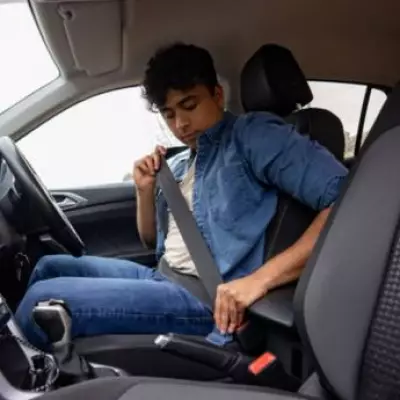
The newly elected Labour government has broken its silence on one of the most contentious motoring policies facing British drivers - the 2030 ban on new petrol and diesel car sales. After weeks of speculation, Transport Secretary Louise Haig has provided the clearest indication yet of how the policy will be implemented and who might be exempt.
What the 2030 Ban Actually Means
Contrary to some misconceptions, the 2030 deadline doesn't mean all petrol and diesel vehicles will disappear from our roads overnight. The ban specifically applies to new sales of conventional petrol and diesel cars, meaning existing vehicles can continue to be driven, bought, and sold on the used market.
Key Exemptions Revealed
In a significant development, the government has confirmed several important exemptions:
- Plug-in hybrid vehicles with significant zero-emission range capability
- Classic and heritage vehicles will be preserved
- Specific commercial and specialist vehicles where electric alternatives aren't yet viable
The Infrastructure Challenge
Recognising one of the biggest barriers to electric vehicle adoption, the government has pledged to accelerate the rollout of charging infrastructure, particularly focusing on:
- Rapid charging hubs along major transport routes
- Increased on-street charging in residential areas
- Standardised payment systems across all networks
Industry and Driver Reactions
The announcement has been met with cautious optimism from both motoring organisations and environmental groups. While welcoming the clarity, many are calling for more detailed plans around affordability measures and support for lower-income drivers to make the transition feasible for all sections of society.
The coming months are expected to bring more detailed policy announcements as the government works to balance environmental ambitions with practical realities for UK motorists.





